
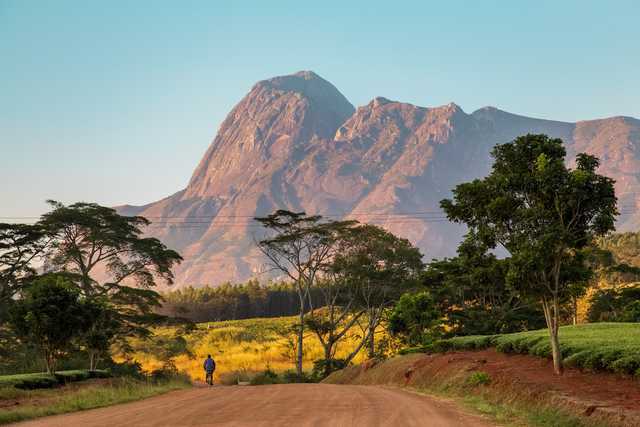
Reading time: 5 min
Date of first publication: 25.02.2022
Bernhard and Lydia are on the verge of a life-changing move: In April 2022 they are relocating to Malawi to help provide medical care and train local healthcare staff - together with their three children between the ages of one and three.
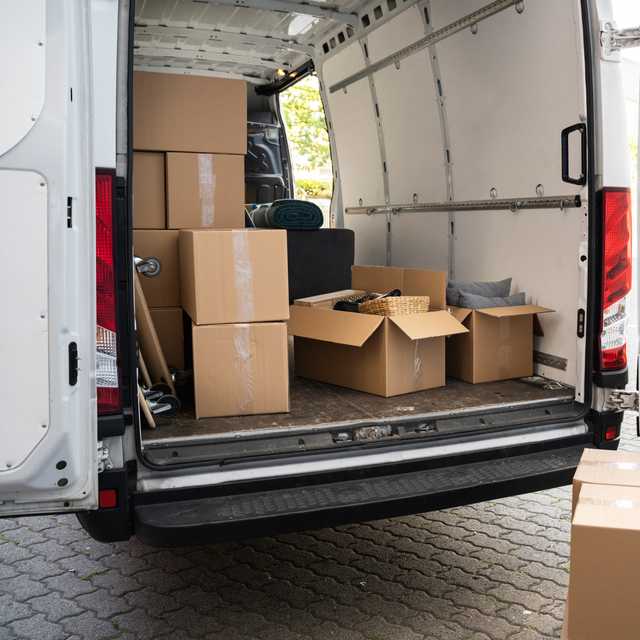
It’s Tuesday, November 30, 2021, and Bernhard is cleaning out his locker. The hospital is calm, so he’s able to dwell undisturbed on the huge step they are taking and mentally say his goodbyes.
At home it’s a different story. Chaos reigns. Moving boxes are stacked one on top of the other, some already sealed shut, others only half full with belongings. Lydia, Bernhard’s wife, doesn’t know where to turn next.
The two boys, Finn and Nathan, run boisterously around the boxes while the 6-month-old Lina dreams peacefully in her cradle. “How will they adapt to life in Malawi?”, Lydia ponders.
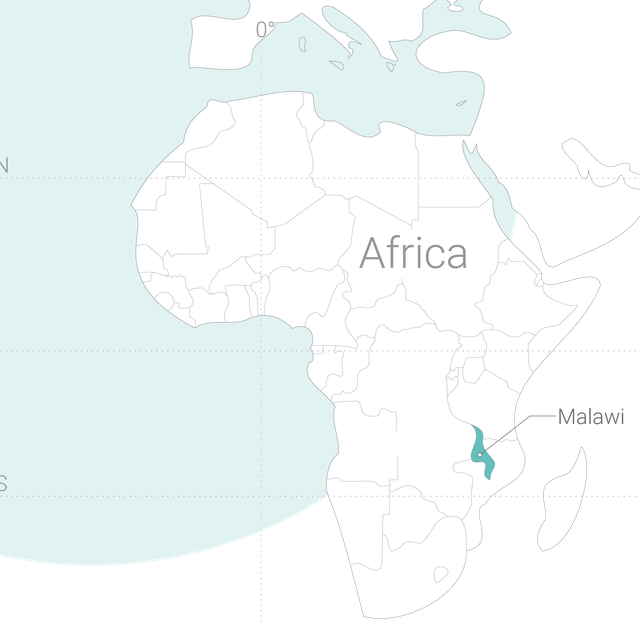
Malawi is considered a scenic gem in the heart of Africa, featuring soaring mountain peaks, high plateaus, and fertile valleys. The people of Malawi are known for their friendly nature and the political situation is stable.
The other face of Malawi is poverty. As the world’s third-poorest country, its health sector is massively underfinanced. Even the simplest medical treatment or routine surgery presents a real challenge.
With 0.4 per 10,000 inhabitants, Malawi has the lowest concentration of doctors in the world. At the moment, there are just 40–50 surgeons and ten critical care nurses - for a population of close to 20 million.
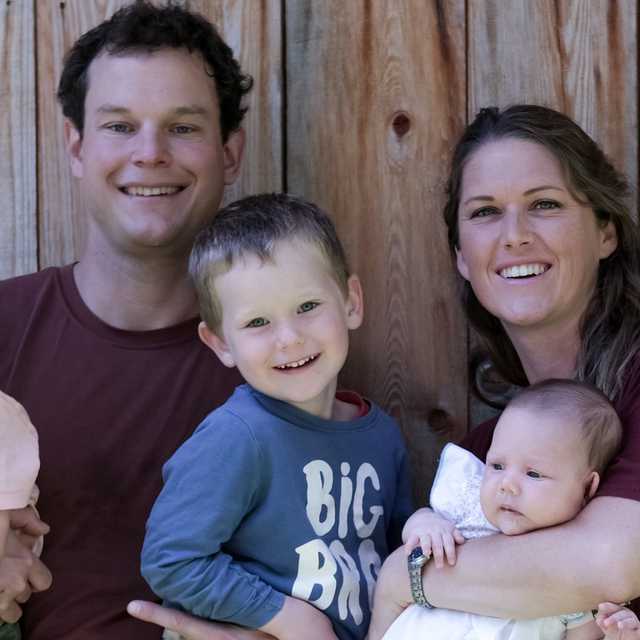
This is where Bernhard and Lydia come in. As of April 2022, they are working at the Nkhoma Hospital and helping train African surgeons and critical care nurses.
They have what is needed: Lydia is a registered nurse, who has worked in various ICUs and updates her skills on a regular basis. Bernhard specialized in surgery after completing his medical degree and last worked as a senior physician.
“We’ve known each other since we were children and got married in 2008. Our dream to provide help in a country with limited resources has grown over the years. When we were approached about the Nhkoma Hospital project, we realized that everything we have done and experienced over the last few decades has led us to this moment”, recalls Lydia Widmann.
Even as departure was imminent, there were still numerous challenges ahead. Only some of the costs were subsidized by the government, so additional funds needed to be raised for their work once there. “Donations of things from various institutions, from private people, and from Hamilton Medical really helped”, says Bernhard. “Through a very supportive friend there we were given several ventilators and consumables. These are particularly valuable, because the country hasn’t previously had any equipment to ventilate critical care patients.
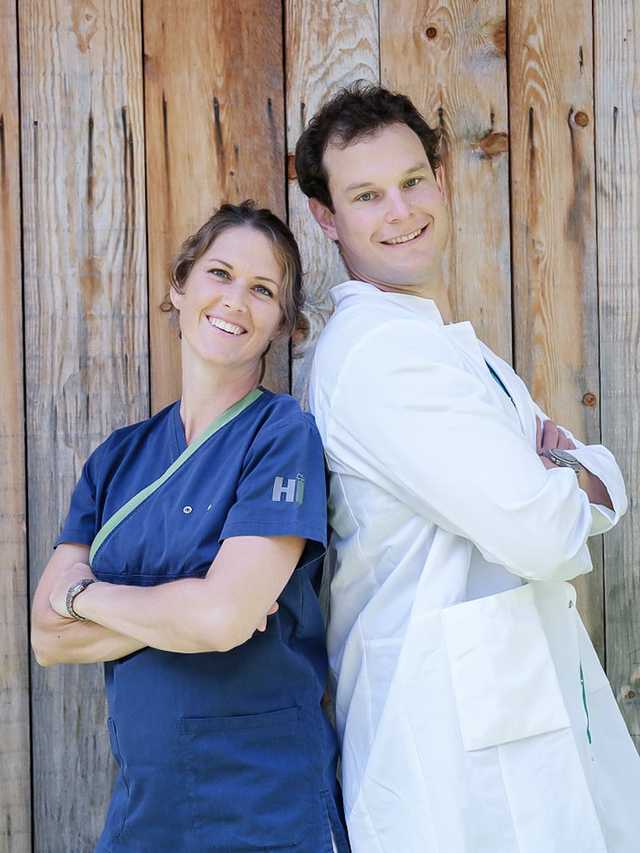
An undertaking like this doesn’t happen from one day to the next. Uncertainty is our constant companion. It feels as if we are swapping security for insecurity, comfort for adventure, and prosperity for poverty. But even so, we know it’s the right move for us and are really looking forward to it.
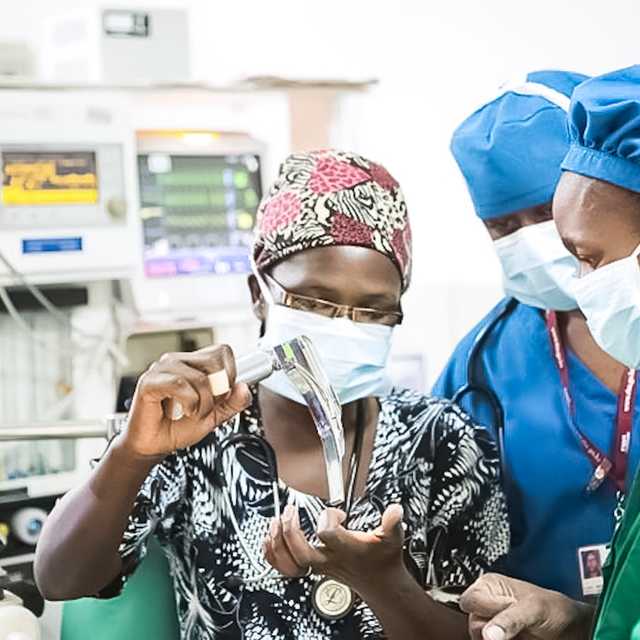
In the last few months before departure, it was time to make the final preparations and say farewell to so much that seemed both familiar and safe. “Will I ever work in this hospital again?“, Bernhard asked himself. “Will we find our feet as a family?”, wondered Lydia.
But despite the many question marks, there was also much gratitude. For the chance to give to others what has been given to them.
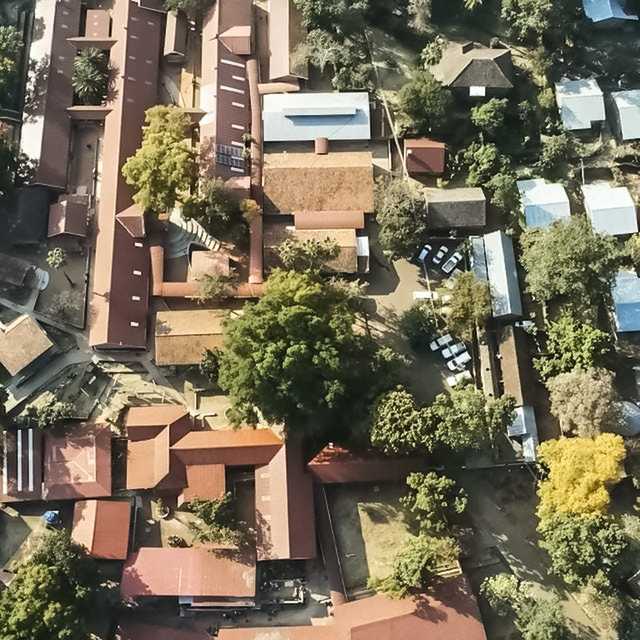
If you would like to be a part of this project, there are several ways you can contribute.